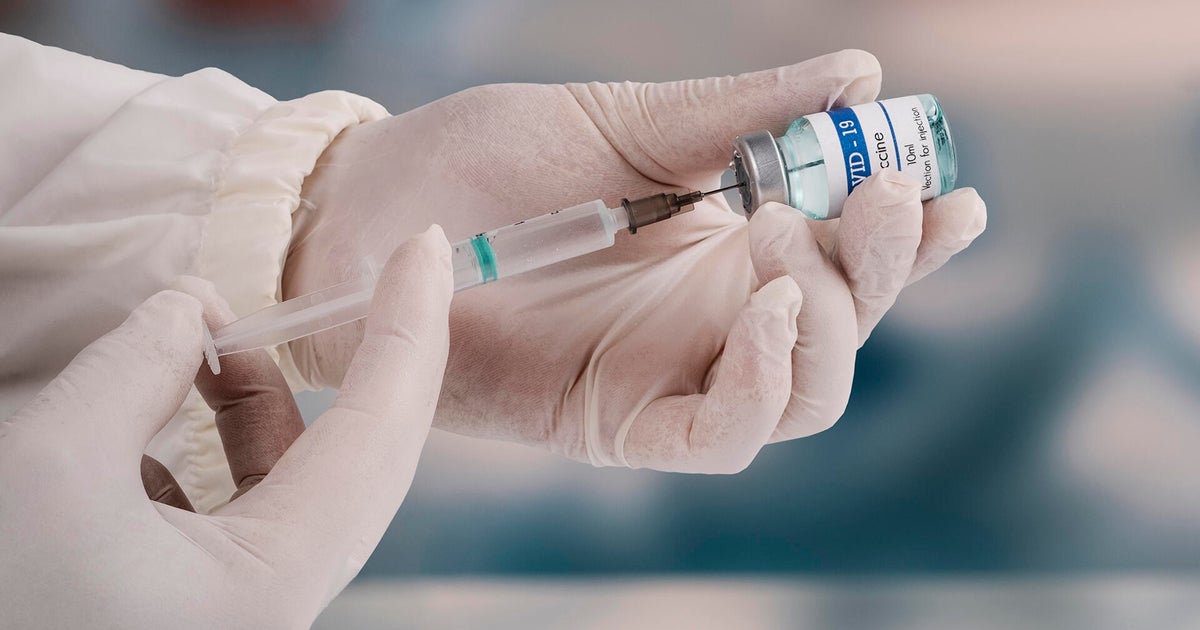Smart Wearables: The Future of Pregnancy Health Tracking Unveiled

Could the fitness tracker on your wrist be the next breakthrough in maternal healthcare? Groundbreaking research from Scripps Research suggests that everyday wearable devices like Apple Watch, Garmin, and Fitbit might revolutionize pregnancy monitoring in ways we never imagined.
Scientists have discovered that these seemingly simple gadgets could potentially track critical health changes during pregnancy by analyzing subtle physiological signals. By monitoring nuanced patterns such as heart rate variations, these devices might offer unprecedented insights into hormonal shifts and maternal well-being.
The research represents a promising frontier in remote health monitoring, transforming how we approach prenatal care. Imagine a world where expectant mothers can receive real-time health insights without frequent clinical visits, all through a device already worn on their wrist.
While the findings are preliminary, they hint at an exciting future where technology empowers women to understand and manage their pregnancy health more comprehensively and conveniently than ever before. As wearable technology continues to advance, the potential for personalized, proactive healthcare grows increasingly tangible.







